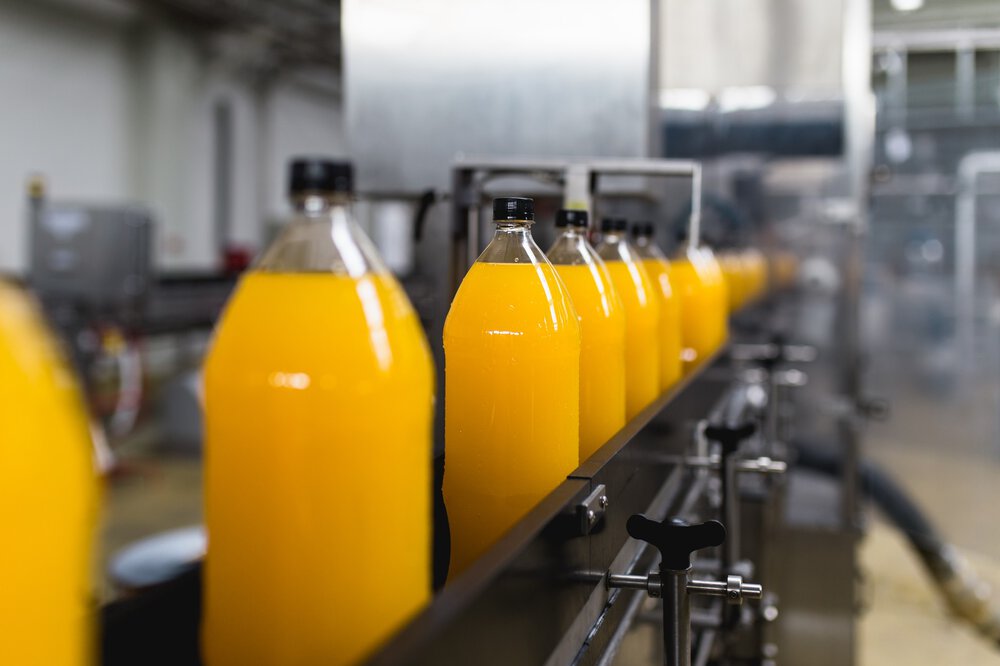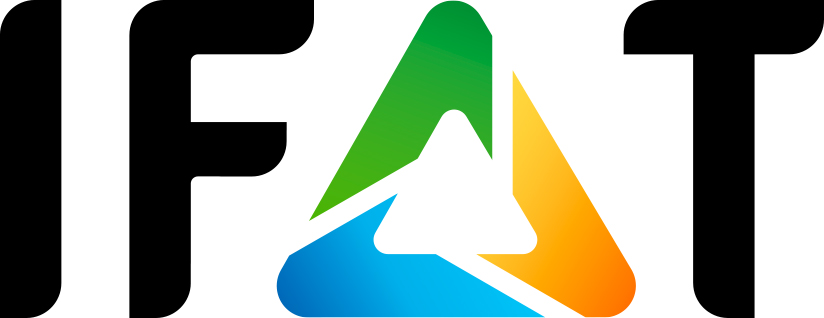Wastewater from the juice industry serving as a source of raw materials
The pilot plant at a Greek fruit juice producer shows that intelligent wastewater treatment not only conserves water as a resource, but also recovers valuable wastewater constituents.
Wastewater generated by the industrial companies throughout the world is not only a reusable resource in itself: it often contains valuable components that can be extracted purified and marketed. This is the approach taken by the ULTIMATE project. launched in mid-2020. The European Union is funding the international project for four years as part of its Horizon 2020 research and development program. ULTIMATE is backed by 27 partners from twelve countries: water companies, industrial stakeholders, specialized small and medium-sized companies, research institutes, technology platforms, municipalities, and regional authorities. The initiative is led and coordinated by the Dutch KWR Water Research Institute.
Problematic water management
Among the industry sectors that the consortium targets is the beverage industry. For example, one of a total of nine large-scale demonstration projects deals with the sometimes problematic water and wastewater management of the juice producer Alberta in Nafplio/Greece: its high groundwater consumption puts pressure on local aquifer, while the plant’s seasonally high wastewater loads can overload the local biological treatment plant occasionally.

Wastewater rich in valuable polyphenols
“One of our goals is to treat the company's wastewater streams so that they can be reused—for secondary use within the factory or to irrigate nearby orchards. At least, the organic load must be reduced to a level which the existing wastewater treatment plant can handle,” says Dimitri Iossifidis, co-founder and CEO of ULTIMATE partner company Greener than Green Technologies SA. However, the approach of the innovation hotbed from Athens/Greece goes far beyond this. “The wastewater from juice production contains useful and valuable substances, above all polyphenols, which for example can be recovered for pharmaceutical of food supplement applications,” describes Iossifidis. According to the Federal Center for Nutrition, polyphenols have properties that can counteract the development of tumors. “Laboratory experiments have shown that polyphenols have antioxidative, anti-inflammatory and blood pressure-regulating effects and can influence the immune system,” reports the German competence and communication center for food and nutrition.
Greener than Green is testing a self-developed pilot plant at the Alberta site on the eastern Peloponnese, which firstly isolates these antioxidants using so-called subcritical water extraction and then remediates the residual water using an Advanced Oxidation Process and a Small Bioreactor Platform.
“From one cubic meter of wastewater, we currently can recover around 130 g of polyphenols, which have a market value of over €5,000," describes the CEO of Greener than Green Technologies. According to him, operators additionally can benefit from reduced freshwater requirements and savings on wastewater charges.
Mobile plant with versatile operator concepts
Housed in containers, the plant can be transported and set up within a few hours, according to Iossifidis. This enables different business models: smaller businesses, such as winemakers, can operate the system as a stand-alone treatment plant, while larger companies can integrate it into existing wastewater treatment facilities. And for companies with seasonal capacity needs there are rental and leasing solutions. If desired, Greener than Green markets the recovered materials.
Next target markets: Greece and Israel
“We will help Greener than Green to further test and market the system in key fruit-producing countries such as Greece and Israel,” announces Gerard van den Berg, coordinator of the Ultimate project. Both markets have strong olive oil and fruit juice sectors—and both produce wastewater rich in resources that could be resold by food producers. “The more of these raw materials are extracted, the greater the economic incentive to purify water. And this increases the resilience of many crop-producing countries to heat waves and droughts,” van den Berg emphasizes.
The intelligent use of water and wastewater in industry will also be one of the key topics at IFAT 2022. This year's new edition of the World's Leading Trade Fair for Water, Sewage, Waste and Raw Materials Management will once again bring together the relevant international technology suppliers with users from all sectors. In addition, the topic “The future of water—access and quality” will be a cornerstone of the show's extensive supporting program.
